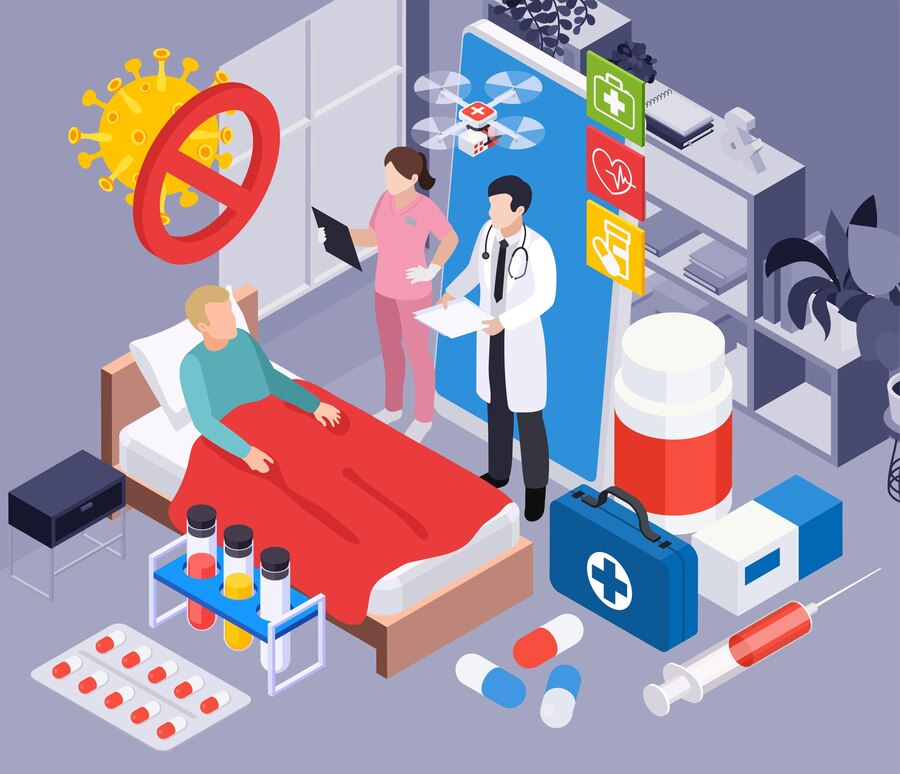
Allergic Reactions Unveiled: Identifying Anaphylaxis and Knowing What to Do
Introduction:
Allergic reactions can range from mild discomfort to life-threatening emergencies. It’s crucial to recognize the signs of severe allergic reactions, such as anaphylaxis, and know how to respond promptly. Let’s explore what anaphylaxis is, how to recognize it, and what to do in an emergency.
Understanding Anaphylaxis:
Anaphylaxis is a severe allergic reaction that occurs rapidly and can affect the whole body. It is most commonly triggered by foods, insect stings, medications, or latex. Anaphylaxis is a medical emergency and requires immediate attention, as it can be life-threatening if left untreated.
Recognizing Anaphylaxis Symptoms: Symptoms of anaphylaxis can vary but may include:
- Difficulty breathing or wheezing
- Swelling of the face, lips, tongue, or throat
- Rapid or weak pulse
- Hives or rash
- Nausea, vomiting, or diarrhea
- Feeling faint or lightheaded
- Loss of consciousness
It’s important to note that not all symptoms may be present, and they can worsen rapidly, so it’s crucial to act quickly if you suspect anaphylaxis.
Emergency Response:
If you or someone else is experiencing symptoms of anaphylaxis, take the following steps immediately:
- Administer Epinephrine: If the person has been prescribed an epinephrine auto-injector (e.g., EpiPen), use it right away by following the instructions provided. Inject into the outer thigh and hold for several seconds.
- Call Emergency Services: Dial emergency services (e.g., 911) or seek medical help immediately. Even if symptoms improve after using epinephrine, it’s essential to seek further medical evaluation and treatment.
- Monitor Vital Signs: Stay with the person and monitor their breathing, pulse, and level of consciousness until help arrives.
- Provide Comfort: Help the person lie down with their legs elevated and provide reassurance while waiting for medical assistance.
Remember, timely intervention is crucial in managing anaphylaxis and preventing complications. Always carry emergency medication if you have a history of severe allergic reactions, and ensure that family members, friends, and caregivers know how to recognize and respond to anaphylaxis.
Conclusion:
Anaphylaxis is a serious allergic reaction that requires immediate attention. By understanding the symptoms of anaphylaxis and knowing how to respond in an emergency, you can help save lives and ensure timely medical intervention for yourself or others experiencing severe allergic reactions.
To seek medical advice, always consult a Doctor. Here are our recommended EXPERTS. Click here
To read more on SKIN. Click Here


